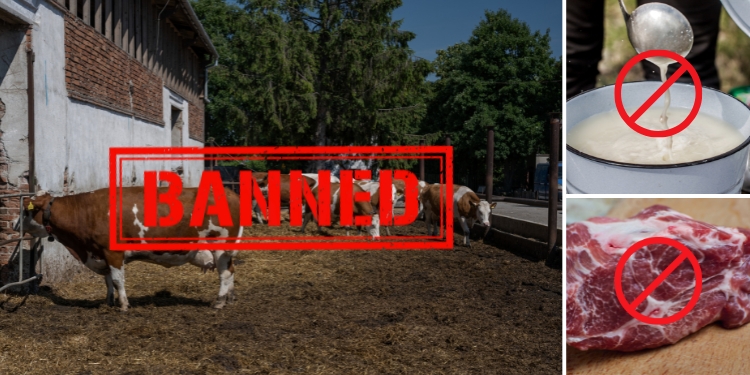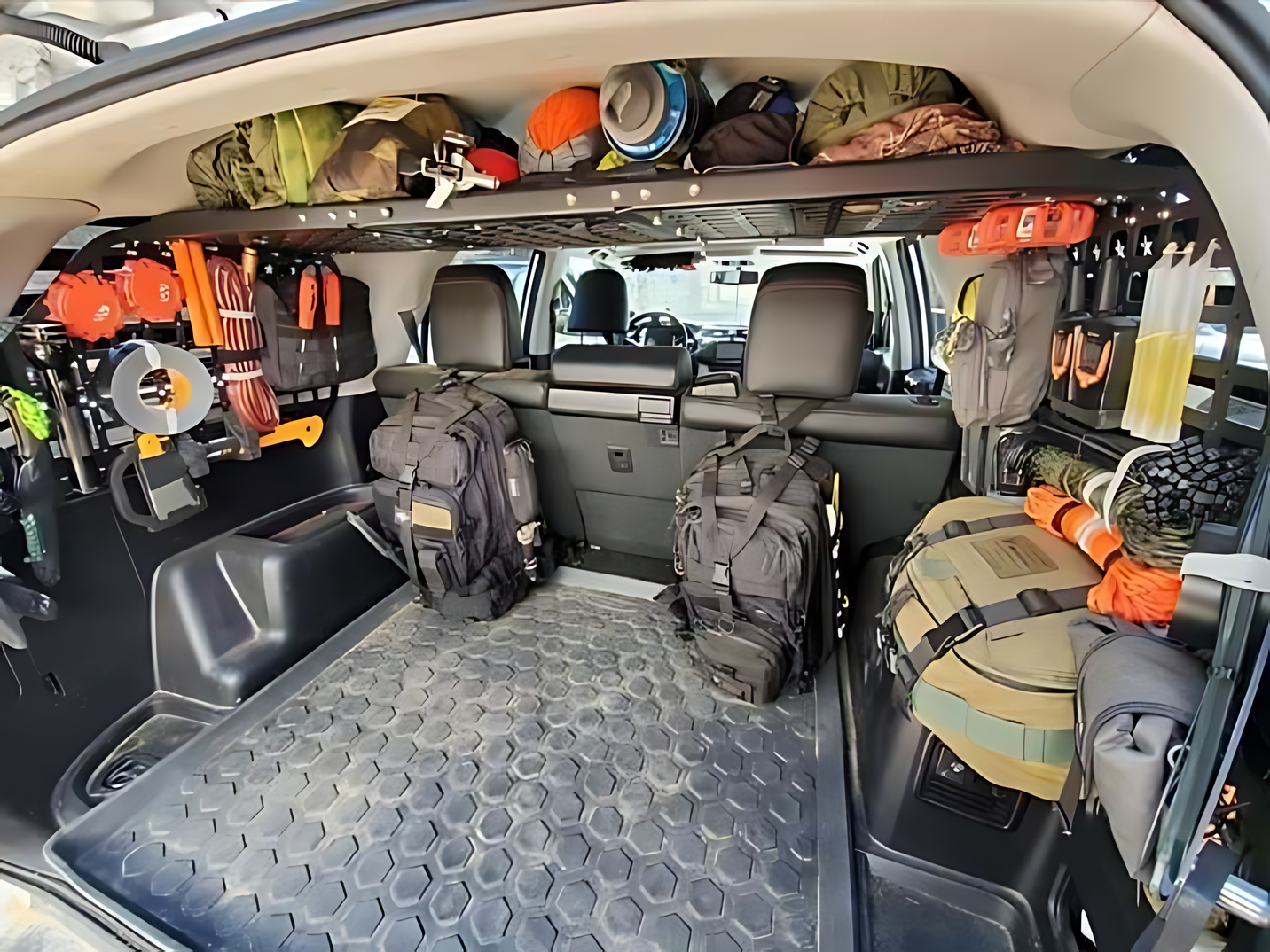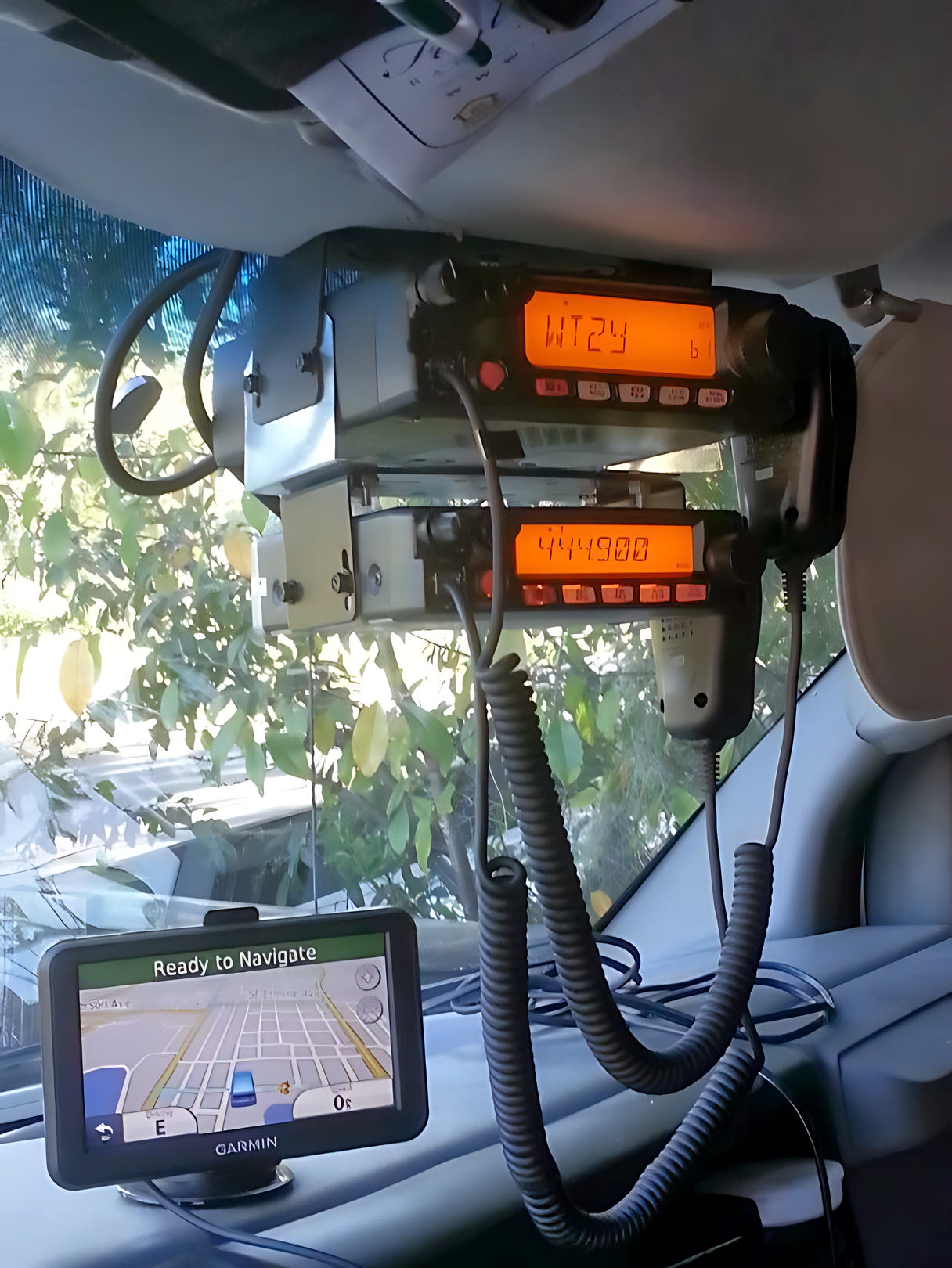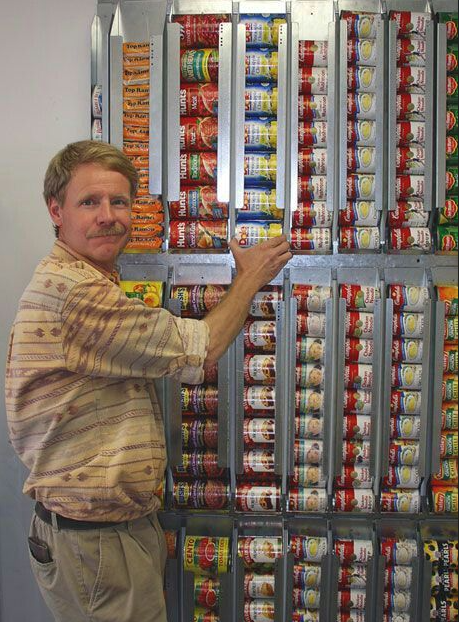When society’s systems fail, having a well-stocked pantry of beans and rice is a good start, but it won’t sustain you forever. You need a reliable source of fresh, nutrient-dense food. One clever and often overlooked way to do this is through cow sharing.
Cow sharing is a way to secure a steady supply of fresh meat and dairy directly from a local farm. Instead of buying the products, you and a group of others co-own a cow or a herd. In return, you get your share of the cow’s products. This arrangement is a legal workaround in many states where selling raw milk is prohibited or heavily regulated.
How Cow Sharing Works
To join a cow share, you typically pay a one-time “buy-in” fee for your share of ownership. You also pay a recurring fee to cover the animal’s upkeep, which includes feed, housing, and milking. In exchange, you receive a regular supply of raw milk and sometimes a share of beef when the cow is processed.
This model became popular in the early 1900s as a response to the pasteurization movement. Health-conscious consumers and small farmers who preferred the natural enzymes and nutrients in raw milk found a way to bypass strict sales laws by changing the transaction from a sale to a legal agreement of co-ownership.
Why People Choose Cow Sharing
People who participate in cow sharing programs value the quality and control it provides.
- Nutritional Value: Raw milk enthusiasts believe it’s a superfood rich in natural probiotics, enzymes, and vitamins that are stripped away during pasteurization.
- Food Security: You know exactly where your food comes from, what the cow ate, and how it was treated. This transparency is a powerful tool against food recalls and an unreliable food supply chain.
- Supporting Local Farms: Your money goes directly to small farmers who often share your values of self-reliance and independence.
- Community Connection: Cow sharing can build strong relationships with local farmers and fellow co-owners, which could be a lifeline in a crisis.
Is It Safe?
The main concern with raw milk is the risk of harmful bacteria. However, most small farms running cow shares are meticulous about cleanliness and hygiene. They can’t afford to risk their reputation. As a member of a cow share, you can typically visit the farm, inspect the milking equipment, and meet the cows, giving you a level of transparency you can’t get from a store.
Cow Sharing and State Laws
Cow sharing laws vary widely across the U.S. In some states, it’s explicitly legal, in others it’s illegal, and in many, it operates in a legal gray area. Before joining a cow share, always check your local and state laws.
#1. Alabama
- Cow shares operate in a gray area (no explicit law); raw milk sales are banned.
#2. Alaska
- Cow shares are legal; raw milk sales are banned.
#3. Arizona
- Raw milk sales are legal (strict labeling); cow shares are actually illegal.
#4. Arkansas
- On-farm raw milk sales are legal with restrictions; cow shares operate in a gray area (not clearly protected).
#5. California
- Licensed raw milk sales are legal; cow shares are legal.
#6. Colorado
- Cow shares are explicitly legal; raw milk sales to the public are banned.
#7. Connecticut
- On-farm raw milk sales are legal with permit; cow shares are legal.
#8. Delaware
- Both raw milk sales and cow shares are illegal.
#9. Florida
- Cow shares are illegal; raw milk sales for human consumption are banned (only pet food).
#10. Georgia
- Raw milk for human consumption is legal with Grade A permit (since 2023); cow shares are illegal.
#11. Hawaii
- Both raw milk sales and cow shares are illegal.
#12. Idaho
- Cow shares are legal; raw milk sales allowed with small herd exemption & regulation.
#13. Illinois
- Cow shares are legal; raw milk sales are allowed on-farm if consumer brings container.
#14. Indiana
- Cow shares operate in a gray area (some small-scale agreements tolerated); raw milk sales are banned.
#15. Iowa
- Both raw milk sales and cow shares are illegal.
#16. Kansas
- On-farm raw milk sales legal (must be unadvertised); cow shares are legal.
#17. Kentucky
- Cow shares are legal; raw milk sales are banned.
#18. Louisiana
- Both raw milk sales and cow shares are illegal.
#19. Maine
- Cow shares and raw milk sales are legal under local food sovereignty ordinances.
#20. Maryland
- Both cow shares and raw milk sales are illegal.
#21. Massachusetts
- Cow shares are illegal; raw milk sales allowed on-farm with permit.
#22. Michigan
- Cow shares are legal; raw milk sales are banned.
#23. Minnesota
- Cow shares operate in a gray area; raw milk sales allowed if picked up on-farm by the consumer.
#24. Mississippi
- Both raw milk sales and cow shares are illegal.
#25. Missouri
- Cow shares are legal; on-farm raw milk sales are allowed with limits.
#26. Montana
- Cow shares operate in a gray area (not explicitly legal); raw milk sales are banned.
#27. Nebraska
- Cow shares are legal; limited on-farm raw milk sales are allowed.
#28. Nevada
- Cow shares are legal; raw milk sales need county approval (very restricted).
#29. New Hampshire
- Both raw milk sales and cow shares are legal.
#30. New Jersey
- Both cow shares and raw milk sales are illegal.
#31. New Mexico
- Raw milk sales legal with permit; cow shares are legal.
#32. New York
- Cow shares are legal; raw milk sales allowed only on-farm with permit.
#33. North Carolina
- Herd shares are legal since 2018; raw milk sales are banned.
#34. North Dakota
- Cow shares are legal; raw milk sales are banned.
#35. Ohio
- Cow shares are legal; raw milk sales are banned.
#36. Oklahoma
- On-farm raw milk sales legal; cow shares operate in a gray area (some agreements tolerated).
#37. Oregon
- Limited raw milk sales allowed from small farms; cow shares are legal.
#38. Pennsylvania
- Raw milk sales legal with permit; cow shares are legal.
#39. Rhode Island
- Both cow shares and raw milk sales are illegal.
#40. South Carolina
- Raw milk sales legal with permit; cow shares are legal.
#41. South Dakota
- Cow shares operate in a gray area; raw milk sales restricted and heavily regulated.
#42. Tennessee
- Cow shares are legal; raw milk sales are banned.
#43. Texas
- On-farm raw milk sales legal; cow shares operate in a gray area (some tolerated).
#44. Utah
- Raw milk sales legal with permit; cow shares are legal.
#45. Vermont
- Both raw milk sales and cow shares are legal.
#46. Virginia
- Cow shares are legal; raw milk sales are banned.
#47. Washington
- Raw milk sales legal with permit; cow shares are legal.
#48. West Virginia
- Cow shares legal since 2016; raw milk sales are banned.
#49. Wisconsin
- Both cow shares and raw milk sales are illegal.
#50. Wyoming
- Raw milk sales allowed under herd-share law (“cow shares” legal framework); cow shares are legal.
How Cow Sharing Helps Preppers
Cow sharing provides a steady supply of fresh dairy and meat, reducing your dependence on grocery stores and fragile supply chains. The food you get is nutrient-dense and can be preserved in various ways to last longer, such as:
- Dairy: Convert milk into butter, cheese, yogurt, kefir, or ghee, all of which have a longer shelf life.
- Meat: Preserve beef by canning, curing, smoking, or making pemmican.
This preserved food is also an excellent barter item in a post-crisis world. A jar of homemade butter or a piece of cured meat could be a powerful tool for trading.
Getting Started
- Find a Local Farm: Search for farms in your area that offer cow or herd shares.
- Vet the Farm: Visit the farm to see their practices firsthand. Ask questions about the cows’ health and the farm’s cleanliness.
- Sign an Agreement: If you’re satisfied, you’ll sign a simple agreement that makes you a co-owner.
- Pick Up Your Share: You’ll visit the farm to pick up your milk and other products, a great opportunity to connect with the farmer and other members.
Bartering When SHTF
When the world falls apart, dairy and meat become pure gold. A little jar of homemade butter, a wedge of cheese, or some beef jerky is calorie-dense, hard-to-find trade bait. In a collapse, these goodies could get you ammo, tools, or whatever else you need to keep going.
The Amish Case
In many Amish communities, cow sharing (or herd sharing) is a natural part of daily life. Amish families often keep dairy cows to supply raw milk, butter, cheese, and other fresh dairy products for their own tables. They milk cows by hand and store the milk in cooled churns—no pasteurization, no modern machinery, just rich, creamy nutrition straight from the source.
Instead of formal contracts, Amish families typically share milk informally with relatives and neighbors, strengthening tight-knit community bonds. However, some Amish farmers run official cow share programs, especially in states where selling raw milk directly is restricted. By owning a “share” of the cow, outsiders can legally access raw milk from Amish farms.
Beyond dairy, Amish sometimes extend this model to beef, dividing whole cows among families to fill freezers with high-quality, local meat.
Final Thoughts on Cow Sharing
Cow sharing isn’t perfect. It takes time to find a good farm, and those weekly milk pickups can be a hassle if you’re far from the farm. Plus, raw milk spoils fast if you don’t process it quickly.
And yes, the legal gray areas in some states mean you have to stay sharp. But for most preppers, the payoff (fresh, independent food) is worth the extra effort. Whether your state’s all-in on cow sharing or cracks down hard, the goal stays the same: secure your food.




